Restoring Nature and Ourselves: Choices for a Healthier World
How Conscious Action, Community Care, and Regenerative Habits Heal Our Soil, Wildlife, and Souls
Causing harm to others also brings psychological pain to ourselves. To lessen suffering, make choices with awareness, attention and intention.
Be an independent thinker. Self-reliance helps our resilience.
Let leaves bee where they fall. Nature nourishes and nurtures the soil and its inhabitants. If you cherish fireflies, birds, and other creatures, resist the urge to blow and bag fallen leaves. That’s why they are called “leaves”- the insects and birds need them for food and shelter.
Choose native grasses, wildflowers, trees, and shrubs for your landscape. By supporting pollinators and wildlife, you also help create a sanctuary of your own. Animals depend on natural habitats to thrive and contribute to the cycle of regeneration. When their food sources are plentiful, they’ll be less destructive. Living in harmony with wildlife is possible for anyone willing to learn and observe. Do what nurtures and nourishes nature. We are nature.
Health at home: Note the chemicals in your home products. Support chemical-free businesses and purchase chemical-free foods and products. Have you noticed an increase in neurological disorders such as autism, Parkinson’s and dementia?
Stop using chemical pesticides. Substances like paraquat, glyphosate, and neonicotinoids disrupt the delicate balance of natural systems. Nature provides safe solutions, they’re free and built into ecosystems. See previous Wildlands essays on chemicals and call to action.
Nature is healing— forests, water, sunlight, air, exercise and real, whole, chemical-free food nurture our bodies, minds and spirits. Our wellness is tied directly to the health of these elements.
Train yourself to spot misleading information. Once you know what to look for, recognizing propaganda becomes second nature. You can “spot the prop on the spot”.
Think critically and independently. Your brain is a muscle. Use it or lose it.
Offer nature’s essentials—food, water, and shelter—using trees, bushes, grasses, leaves, twigs, and rocks, and you’ll create welcoming habitats for wildlife and education and enjoyment for your loved ones and yourself. Plant native food trees, bushes and flowers. Nature was abundant in chestnut, walnut and other edible trees and plants before they were cleared. Plant species that bear edible nuts, seeds, berries and other fruits and improve personal and planetary health and well-being.
When you have healthy soil and a balanced habitat, it leaves less room for invaders like invasives, “weeds” and “pests”. You’ll enjoy greater health and happiness by avoiding chemicals, steering clear of misinformation, and choosing not to send nature’s resources to landfills in plastic, non-biodegradable, toxic bags or tree-based paper bags.
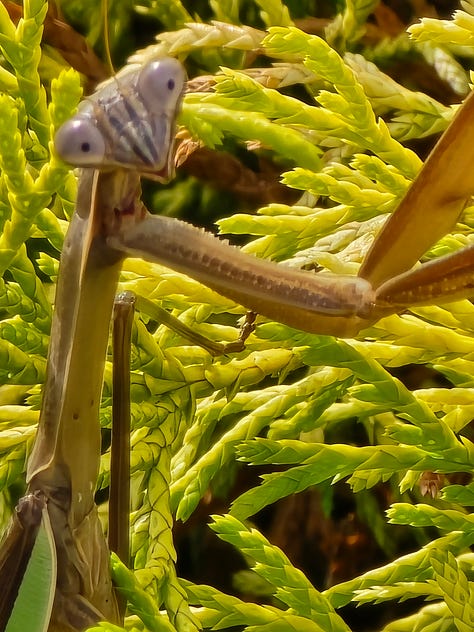
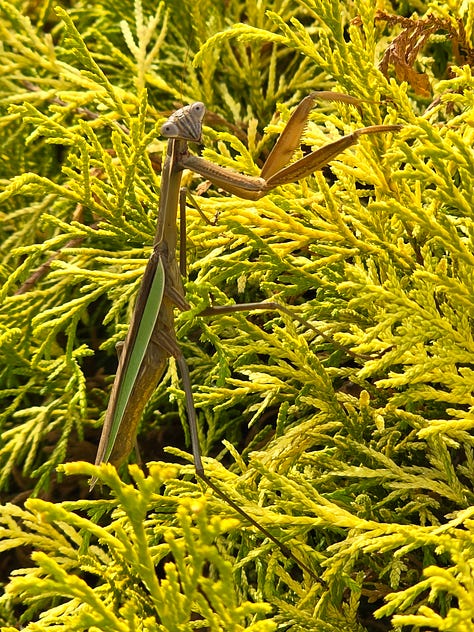
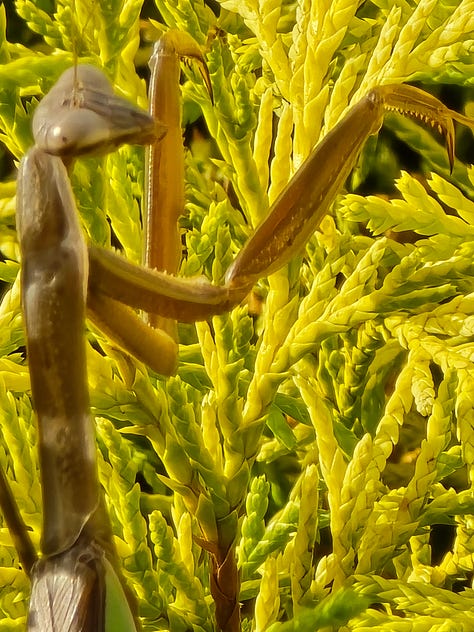
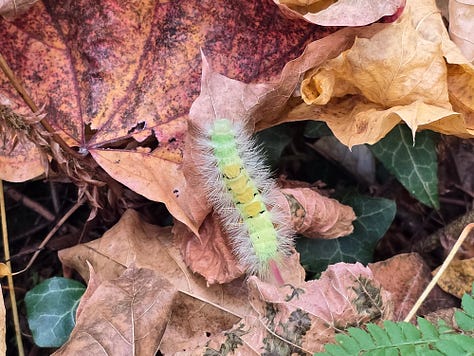
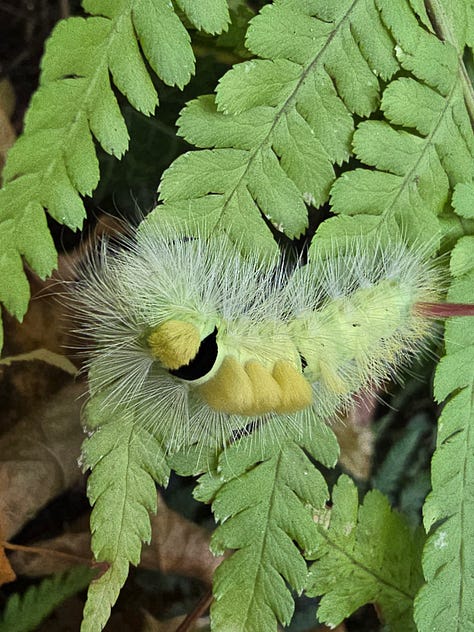
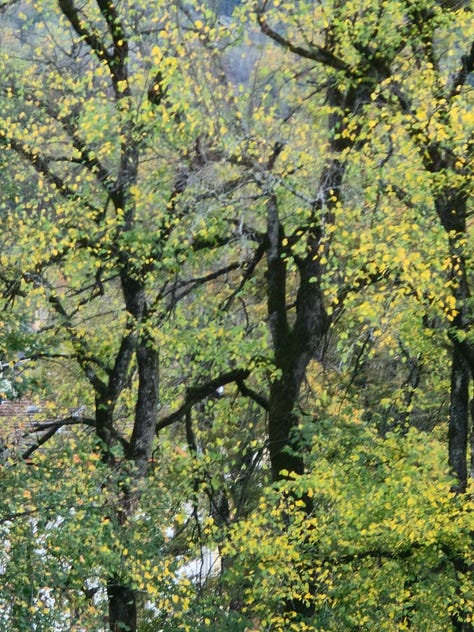
Leave the leaves and ditch plastics for the animals, nature and humans.
According to The Bee Conservancy, 70% of bees live underground, primarily in solitary nests. These ground-dwelling bees play a crucial role in ecosystem health.
Let’s take a look at ourselves. Breathe.
A disconnected society sprays poisons, deforests and blows away nature’s nutrition.
Twenty million trees are cut down every single year just to manufacture paper cups. Most of those cups are coated in polyethylene, a derivative of fossil fuels. One single paper cup takes more than 20 years to break down in a landfill.
Currently, only about 9% of plastic waste generated globally is successfully recycled. Recyclable plastics typically can only be recycled a limited number of times before the polymers degrade too much for further processing.
We unconsciously and unconscionably haul away nature’s medicine in plastic bags that may take 10-1,000 years to decompose. Plastic bags are made with polyethylene, which is resistant to natural decomposition. If sunlight, oxygen and moisture reach the plastic products, they can cause them to break down into small pieces known as microplastics, which have many long-term adverse effects on our ecosystems and all our beings.
8 Reusable Products and Ethics to Replace Plastic and Paper
Consumer power packs a powerful punch. Vote with your dollars. Shop local.
Use stainless steel water bottles (and replace approximately 167 plastic bottles annually per person).
Reusable grocery bags (replaces 300-500 single-use plastic bags annually per household).
Glass or stainless-steel food containers (replace dozens of disposable plastic containers).
Bamboo or metal utensils and straws (replaces plastic and keeps it out of landfills).
Use natural fibers and packaging. Sugarcane or bagasse fiber packaging is an eco-friendly alternative to traditional packaging sources. Ethically sourced and renewable, sugarcane fiber presents many benefits for the packaging and textile industries.
Personal Challenge: Keep a daily record of how your choices lead to less waste. Make it a personal goal to have a zero-waste lifestyle.
Support plastic-free businesses.
How plastic free can you be? Make it a personal choice to be a plastic-free household.
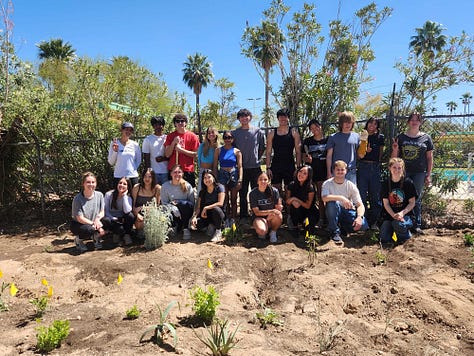
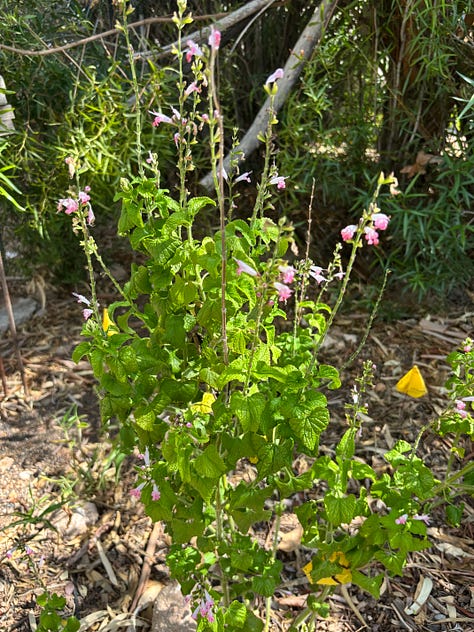
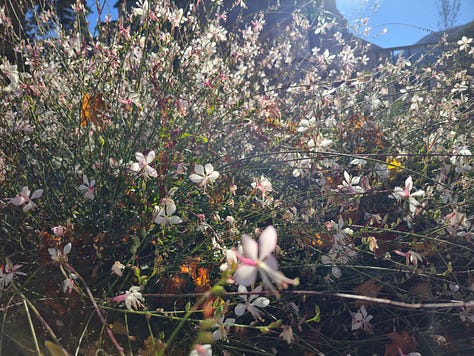
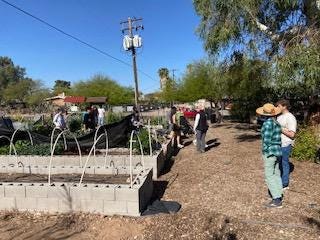
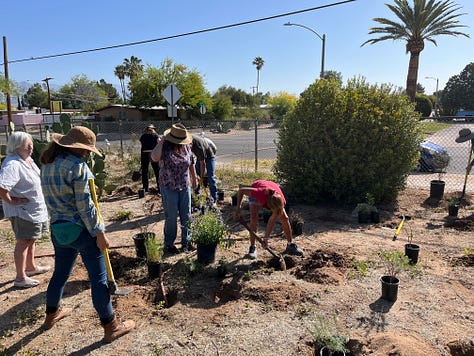
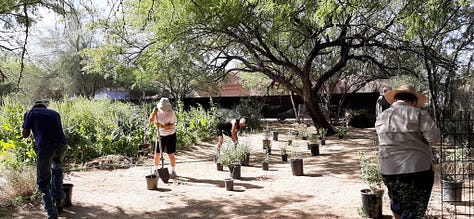
We cannot fit into a mentally ill society when we are healthy.
Healthy people create a world of well-being.
May each of us take action— I’ve outlined how to make healthier choices and it’s easy. Keep these lists and use them.
We cannot let madness and mental illness to continue and profit from corruption and chaos. Let’s start a larger conversation for community care.
Blessings to those who call their elected officials to say no to legalized corruption and liability shields. Thank you for demonstrating love in action. Demonstrate- straighten out the demons. We the People say NO to legalized corruption and liability shields.
That’s love in action to restore soils and souls.
Changing the way I think has been one of the most liberating experiences of my life.
Positive attitudes and trying something new are part of health and well-being. Let’s think of animals, humans and nature as the three amigos. All for One and One for all.
We’ve been robbing the richness of nature and her beings and consuming ourselves into poor health. Something Greater than Ourselves supplied us with native and wild foods. We devour our gifts and destroy for money, power and control.
Drop the disconnection. Decree new habits for habitats.
Leave the leaves for bees, birds, soil and all of our health.
When we live as an interconnected web of life, we are a piece of the peace. Kindness in action replaces poor choices. We restore with care, grace and ease.
Right actions mean that we do our best for good, beauty and what is true.
Conservation is essential to protect solitary bees, insects, and all animals (including humans) from habitat loss and starvation.
Informed consent must be addressed. There is a lack of safety and true intentions.
Decree forgiveness and teamwork.
Our Representatives are responsible to hear We the People and work for our best interests, our health and well-being. Ask them to choose ethics and morals to improve health for nature, animals and humans. Let’s stop pandering to systems that have proven to be untrustworthy. The CDC reports that 129 million Americans live with chronic illness, and nearly 90% of our $4.1 trillion annual health care costs go toward managing these conditions.
Do know harm.
I am counting on you to help stop the entities responsible for damaging ecosystems, societies, families and individuals now. Enough is enough.
References:
How Long Does Plastic Take to Decompose in a Landfill?
Guide to Sugarcane Fiber Packaging | Compostable Materials
Sugar Cane Fiber — Natural Fiber Solutions
Combination of Poly(lactic) Acid and Starch for Biodegradable Food Packaging
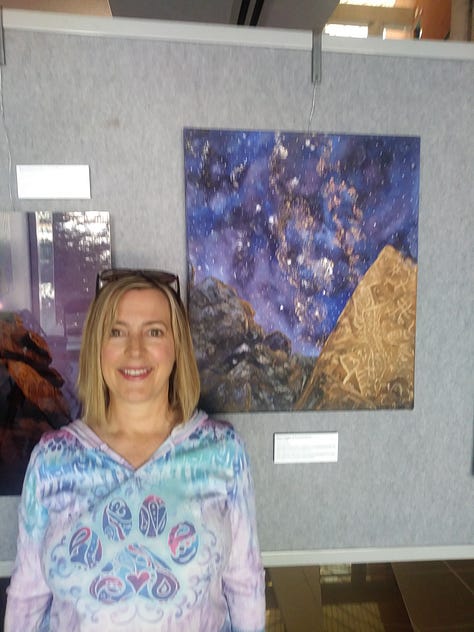
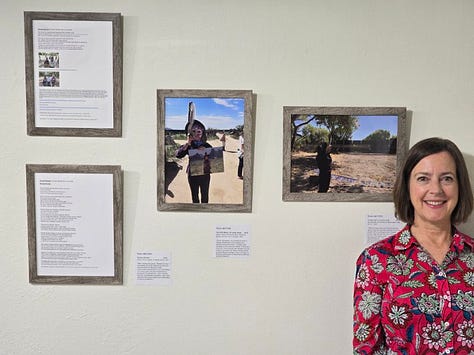
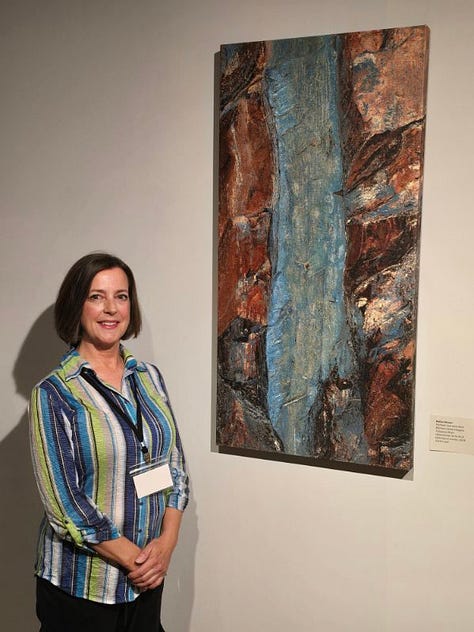
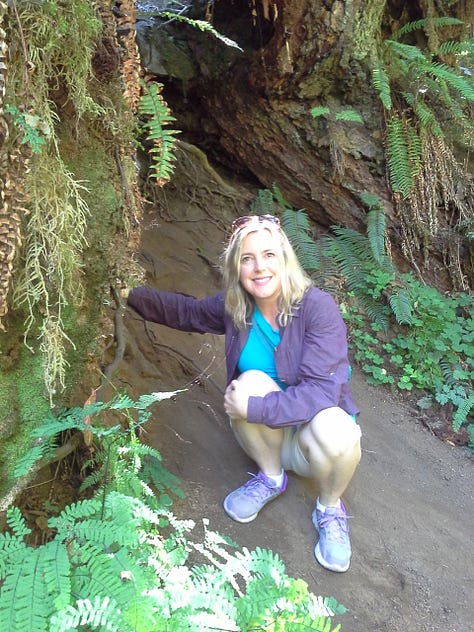
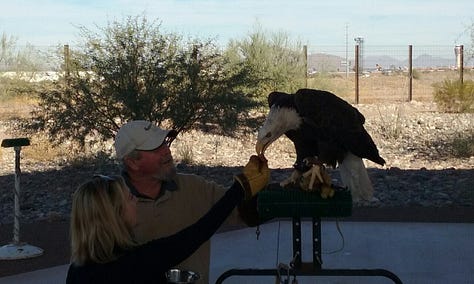
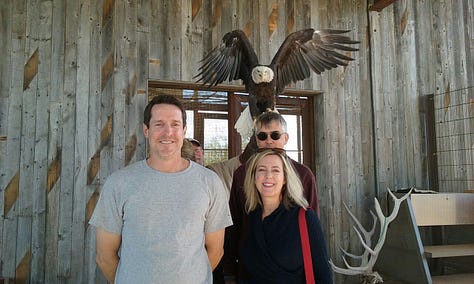
You Matter: How You Can Help the Art and Science of Healing that Regenerates Nations
I’m growing a network of healthy communities. Join me an engage in health and environmental issues. Wildlands shows the way to health, well-being and connection.
There are opportunities for you to participate in planting native pollinator gardens next to food gardens in the Sonoran Desert, the central plains and the Midwest.
I’m a teacher, naturalist, holistic health practitioner, artist and photojournalist. I earned a soil health certification through Northern Organic Farming Association. Please help me grow native pollinator and food gardens in parks, schools and farms for our freedom. I organize and manage community projects. I work with governments, businesses, schools, non-profits and private landowners. Please donate, purchase a subscription and share Wildlands.
You can support my work in several ways, including the following:
Paid subscription or sponsorships to Wildlands. Join a growing community that is dedicated to animals, nature and humans.
Sponsor a restoration-conservation-health project in the Sonoran Desert, central plains and the Midwest. Community projects in the Sonoran Desert are through my group, Habitat Restoration Committee – Sustainable Tucson and Wildlands Studio and Collective. More project locations will be announced in Wildlands soon.
Purchase products from my Young Living Distributorship. Envision Your Highest Potential with Young Living Essential Oils, food, cleaning and personal care products grown on organic farms.
My work includes:
Sustainable Tucson on the Land Conservation Assistance Network
Why We Need to Grow Our Sacred Relationship with Food and Nature - Organic Consumers
VOICES: Agricultural Conservation Easement Program can help restore soil, souls
Wildlands helps build a better humanity based on ancient wisdom, art, storytelling and science. You can help shift paradigms for humans, nature and animals to help make World Soul (Anima Mundi) Healthy Again.
For Comments
What plastic product(s) do you pledge to stop purchasing?
Do you use a cloth shopping bag?
How do you reduce waste at home?
Subscribe to Wildlands to help restore soil and souls. Thank you. You matter and make a difference. I am grateful for you.
© 2025 Robin Motzer, Wildlands


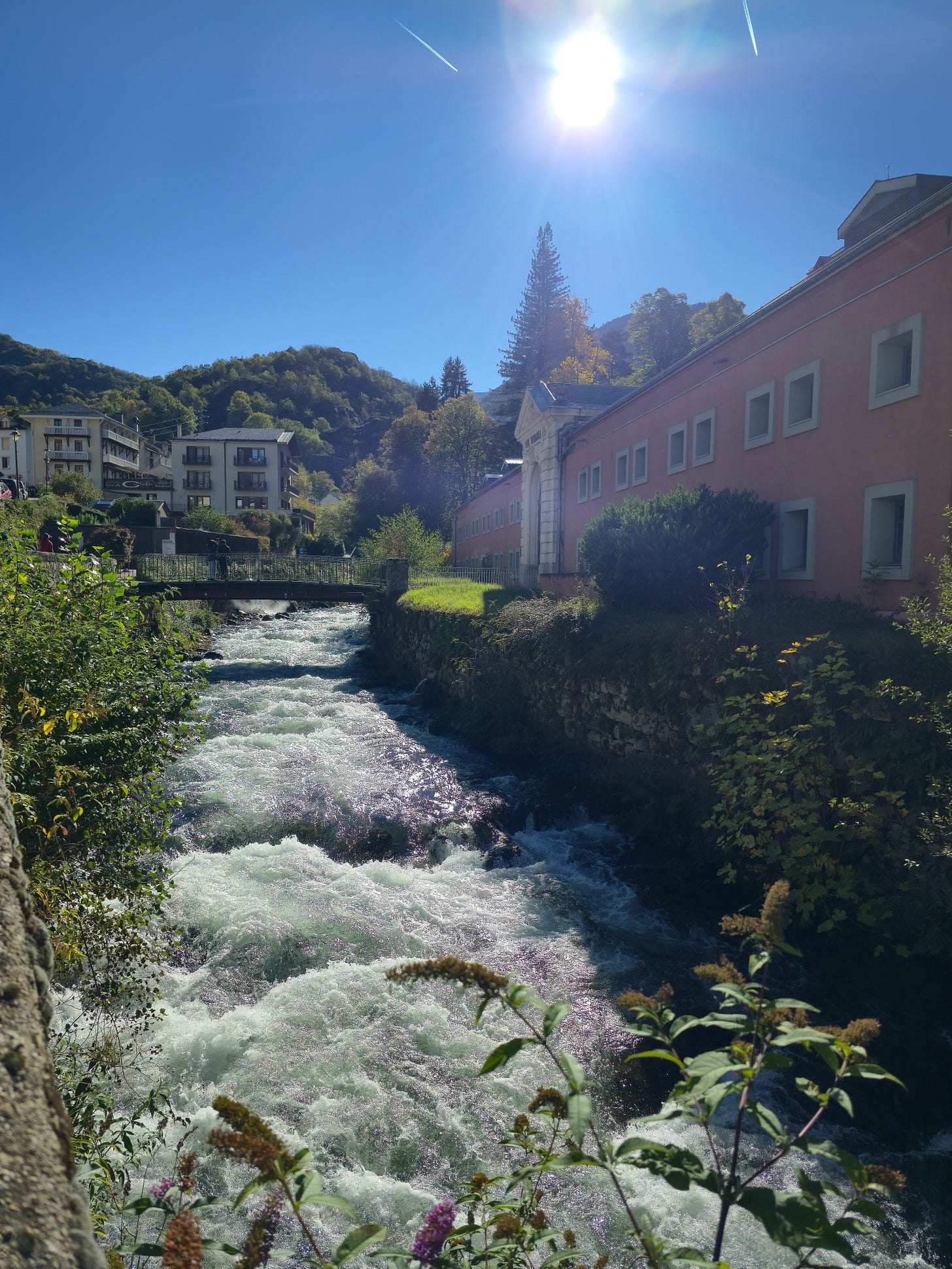
Thank you Keith Lierman, for your support! Wildlands is growing, thanks to great people like you.
Beautiful!